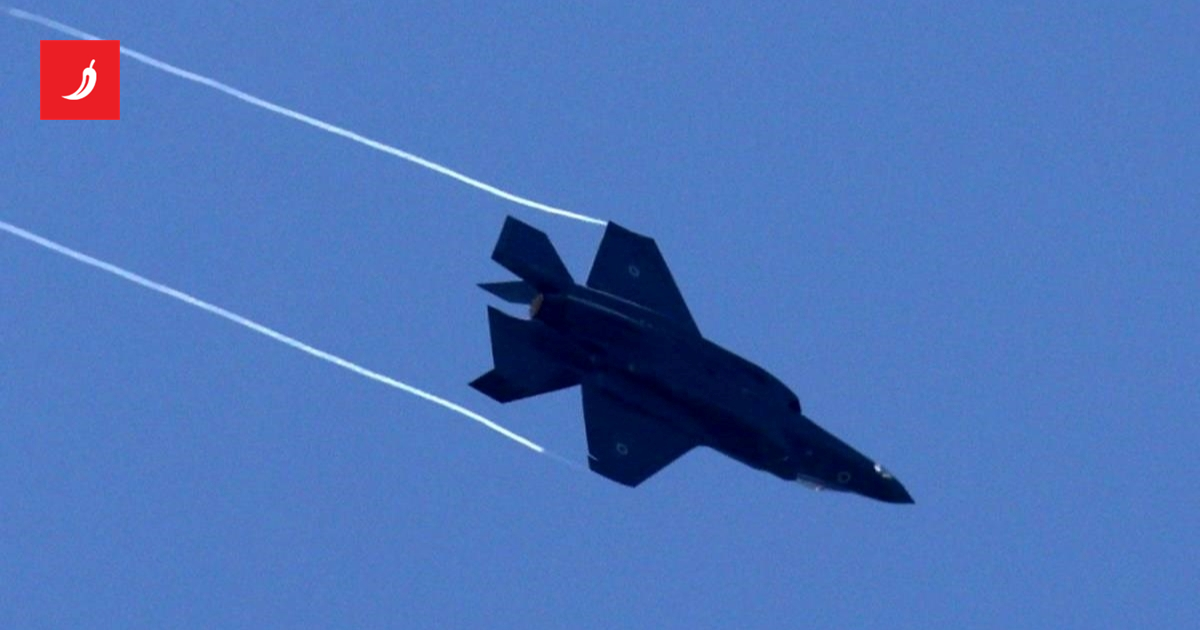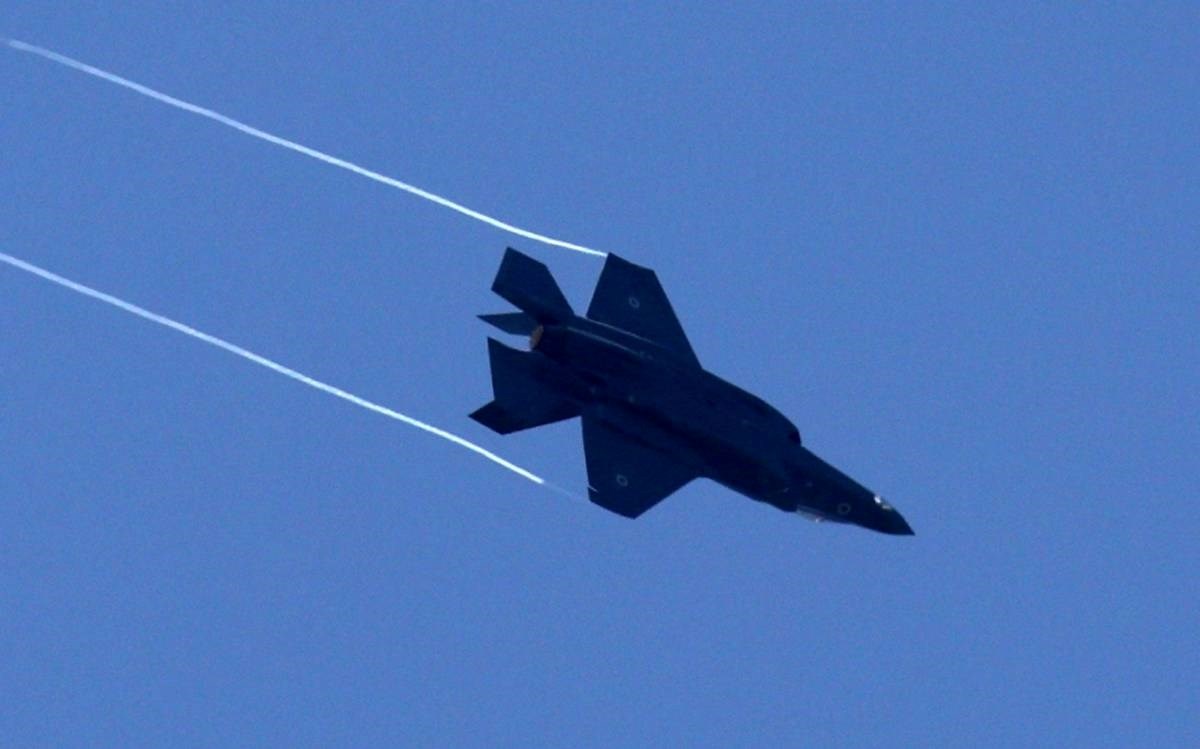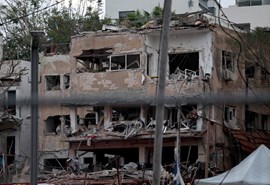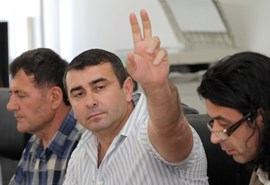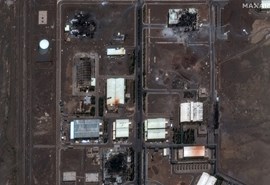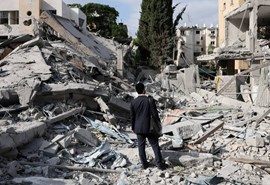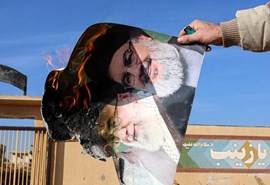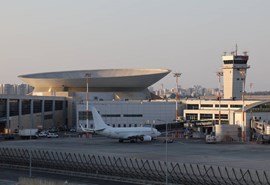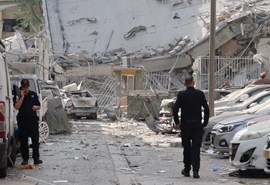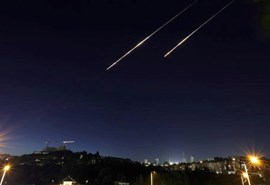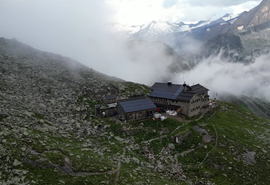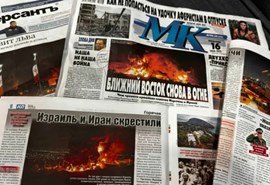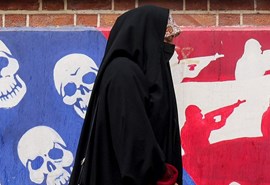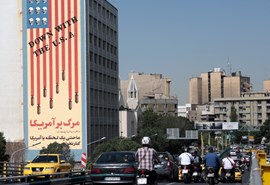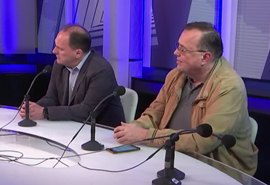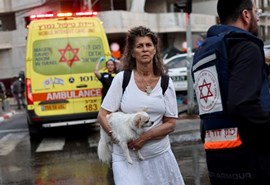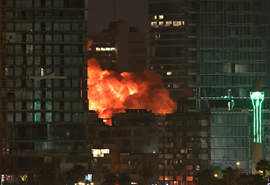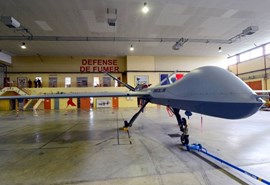During an Iranian missile attack on Israel, Israeli missile defense systems conducted rare exoatmospheric interceptions of missiles above the atmosphere, destroying several missiles before they became a threat on the ground. Despite this, some missiles penetrated the defense and hit civilian targets in Haifa and Tel Aviv, causing damage and casualties. The Israeli military also carried out airstrikes on Iranian military targets, including nuclear facilities, aiming to permanently reduce Iran’s missile capabilities. Iran responded by launching hundreds of ballistic missiles, including attacks on civilian areas, escalating the conflict. European and German officials call for diplomatic solutions but emphasize Israel’s right to self-defense. Israeli officials announce further retaliation and continuation of military operations against Iranian targets.
Political Perspectives:
Left: Left-leaning sources tend to emphasize the humanitarian impact of the missile attacks, highlighting civilian casualties and the risks of escalation. They often call for diplomatic solutions and criticize military escalations on both sides, stressing the need to avoid further suffering of civilians.
Center: Center-leaning sources report the facts of the missile attacks and defense operations, acknowledging Israel’s right to defend itself while also noting the escalation risks. They highlight official statements from both Israeli and Iranian sides and include calls from international actors for diplomacy and restraint.
Right: Right-leaning sources emphasize Israel’s military capabilities and right to self-defense, portraying the missile interceptions as technological achievements. They often highlight Iranian aggression and threats, supporting strong military responses and framing Israel’s actions as necessary to protect its citizens and security.






